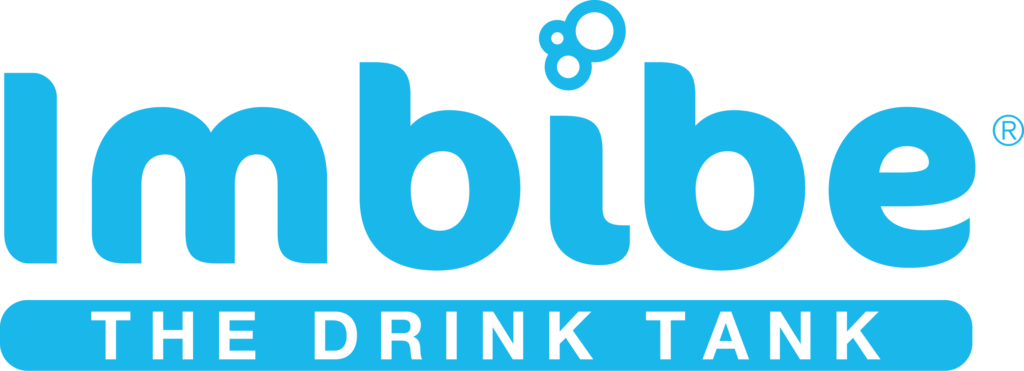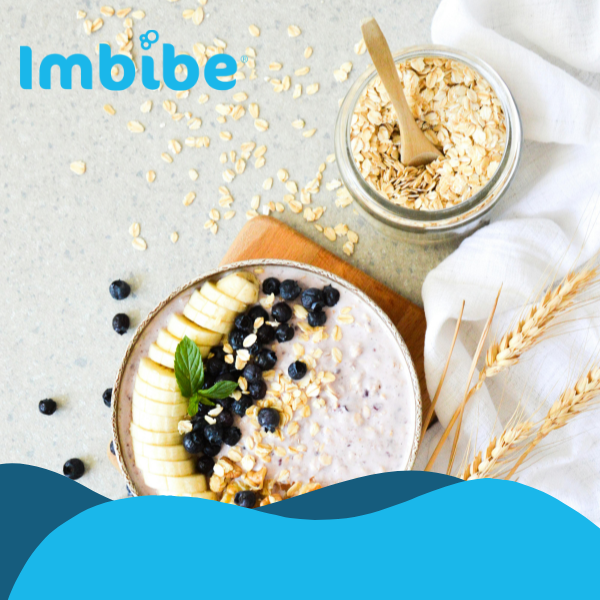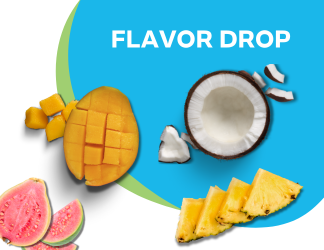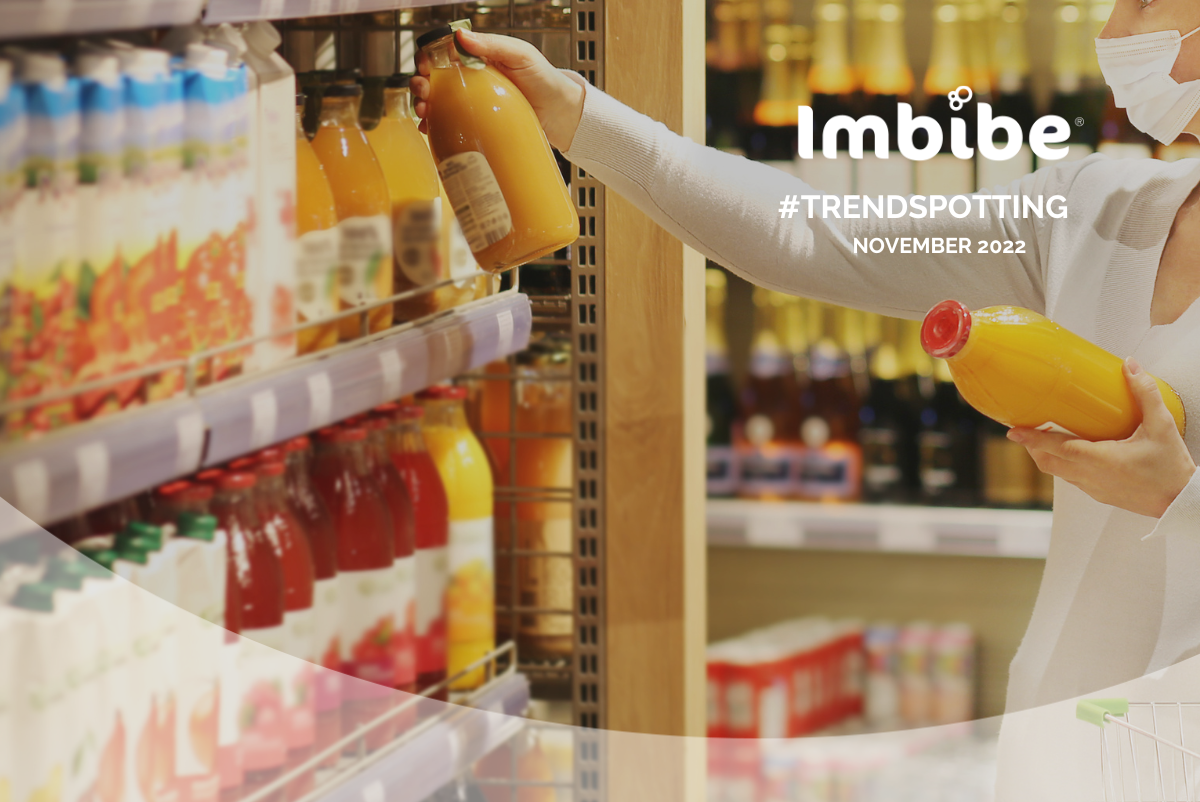
Put a Private Label on it
The private label sector as we know it didn’t exist when Imbibe got its start in 1963. Our founder solved a problem for retailers by offering them custom flavors for their CSDs, so they could take their formula to a bottler of their choosing, giving them ownership and the flexibility that had been missing from their typical way of working. Needless to say, this category is near and dear to our hearts and is experiencing seismic growth fueled by inflation, interest in premium products, and sensitivity around food supply.
Leveraging Linking-up
69% of surveyed retailers stated that the areas with the biggest opportunities for growth are in premium products.1 Chicago-based convenience store, Foxtrot, is a big champion of this idea, by linking up with other restaurants and food and beverage manufacturers to build out their private label portfolio.1
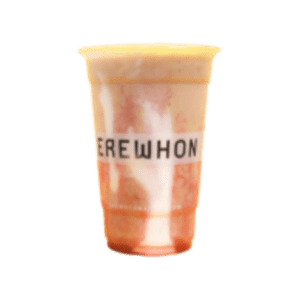
Erewhon has also taken this approach by collaborating with health and wellness celebrities and influencers to create hype around the products that they sell under their own name. This presents an opportunity for private label brands to have fun with their product lines, by expanding their category footprint into those that are resonating with consumers today including functional beverages, frozen desserts, canned cocktails, and plant-based milks.
GoPuff’s partnership with Grubhub has combined two digitally-based businesses and brought their power of local logistics to the large reach, infrastructure, and virtual storefront of Grubhub. This came at a time when GoPuff was in the midst of unveiling a slew of new private label brands, including The Mean Tomato, Basically,, GoPuff liquor, and a health and wellness line called Good Now that includes electrolyte boosting RTDs and powder products.
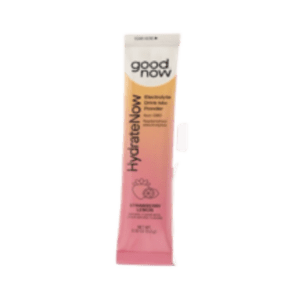
Inflation Mitigation
With prices for food being up 14.4% in July 2022 compared to the year prior, the lack of attention to the visual appeal of products has given brands the ability to focus on maintaining and delivering on quality. This helps sway consumers allegiance and with product packaging that plays on the more “minimalistic” trend angle – like Canadian-based brand No Name that has frozen their prices until 2023.2

67% of consumers have switched to generic brands to save money at some point in 2022, and this concern is concentrated in the grocery category with 92% of U.S. adults saying they are very or somewhat concerned about this.3Aldi’s model is essentially being a private label oasis that rings in at a lower price point, and has been deemed as the fastest-growing US grocery chain.4
Thrive Market has sold their own brands since 2014 under their brand name and Wellmade by Thrive Market by constantly adding pantry staples and on-trend options. They have been able to grab some of the health and wellness-conscious consumer by offering organic food without having them feel as though they are overspending at checkout.
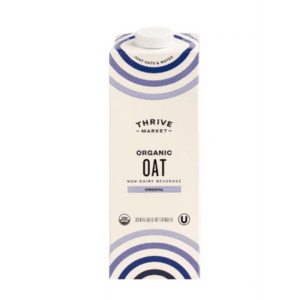
New Product Innovation
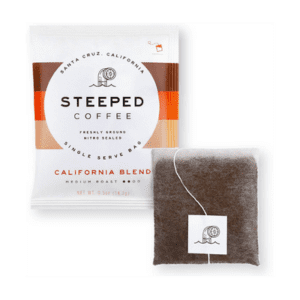
The growth of private label brands has largely come from the higher quality of the products compared to their branded counterparts. Better ingredient quality has been influenced by sustainability efforts. At PLMA, earlier in November 2022, “Anti-waste Grocery Store” was a prominent section in the idea supermarket, with more eco-friendly packaging solutions present throughout the show floor. Wine pouches and compostable steeped coffee bags that aim to reduce wasteful consumption were some eye-catching offerings in this arena.
Some standout products from the expo included a high protein (15g) soda, large format functional shots (for immunity and “fatigue fighting”), and Chocolate and Vanilla protein and greens powder. Private label products aren’t lagging behind or copying the competition but moving alongside them.
In this era of expansion and exploration, Imbibe is here as a product development resource and ingredient solution provider in the food, beverage, and dietary supplement space. Based on the nature of your next innovation, we are able help develop a stable and scalable formulation, optimize your base with flavor and ingredient applications, send you flavors or taste modulation tools (SweetSense®, NonSense®, etc.) so your R&D team can perfect your formulation, and ultimately support the current and next phase of your business in many other ways.
Private label and branded products alike have relied on Imbibe’s flexibility, sense of urgency, and technical insights to aid in bringing successful products to market. Contact us to get connected with the teams that can best support and accelerate your growth.
- FMI – The Food Industry Association, 2022
- IRI, 2022.
- Morning Consult, 2022.
- Jones Lang LaSalle (JLL).
Check out more on #TRENDSPOTTING, or visit our blog.
